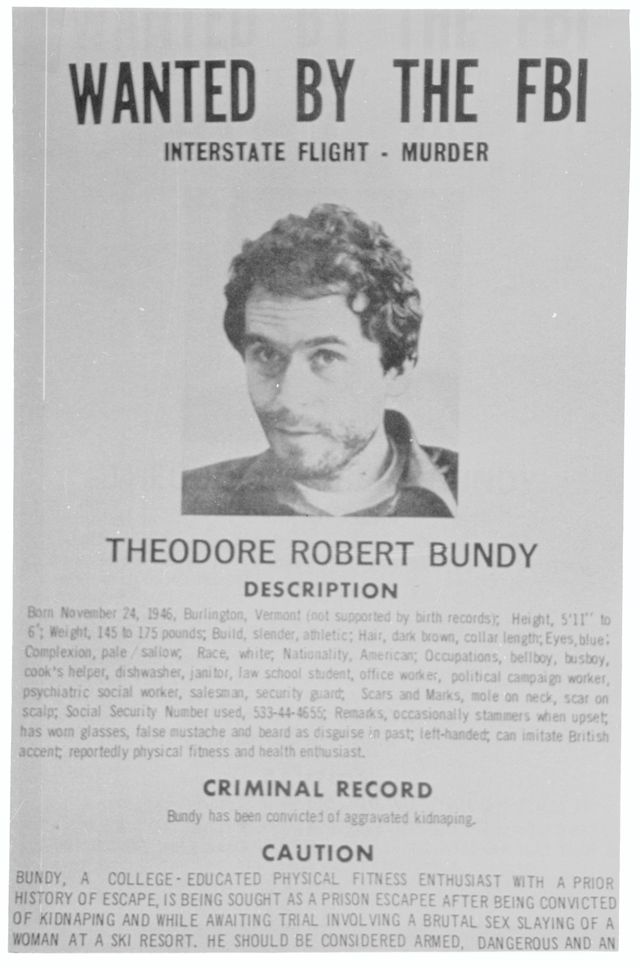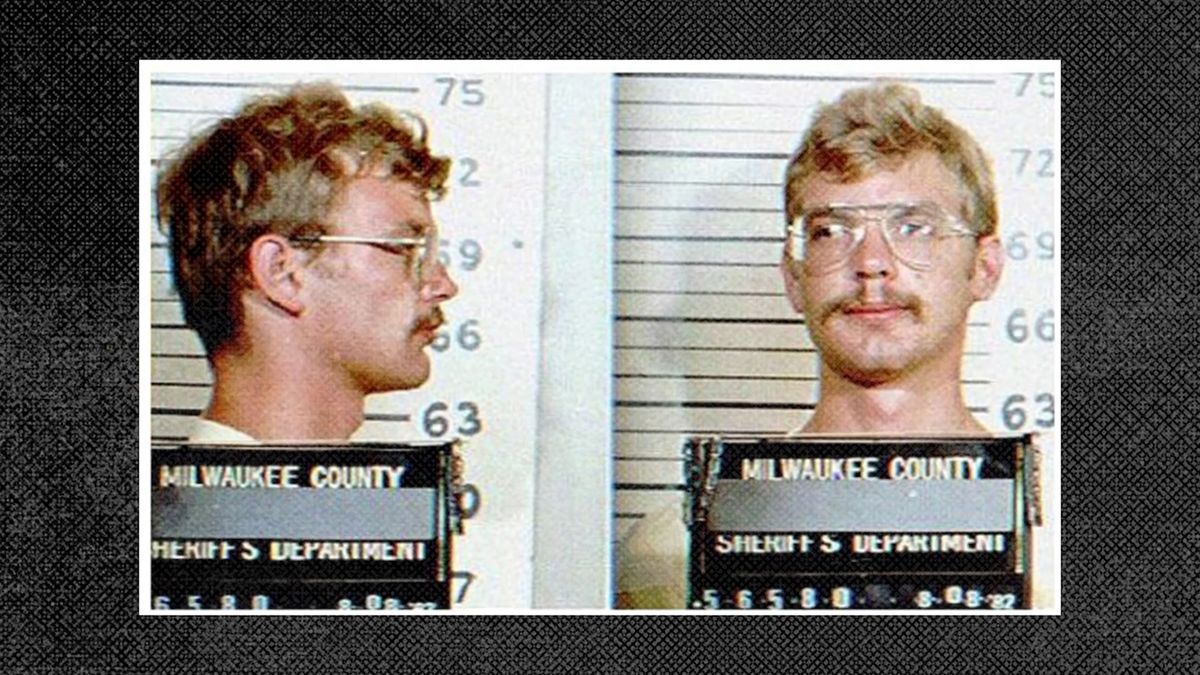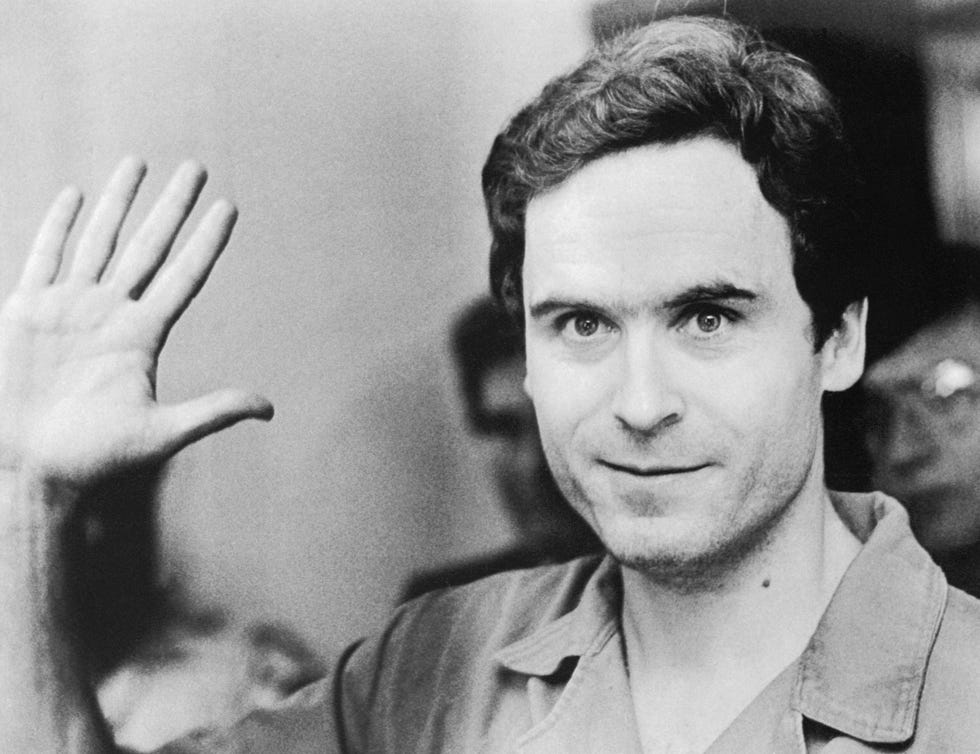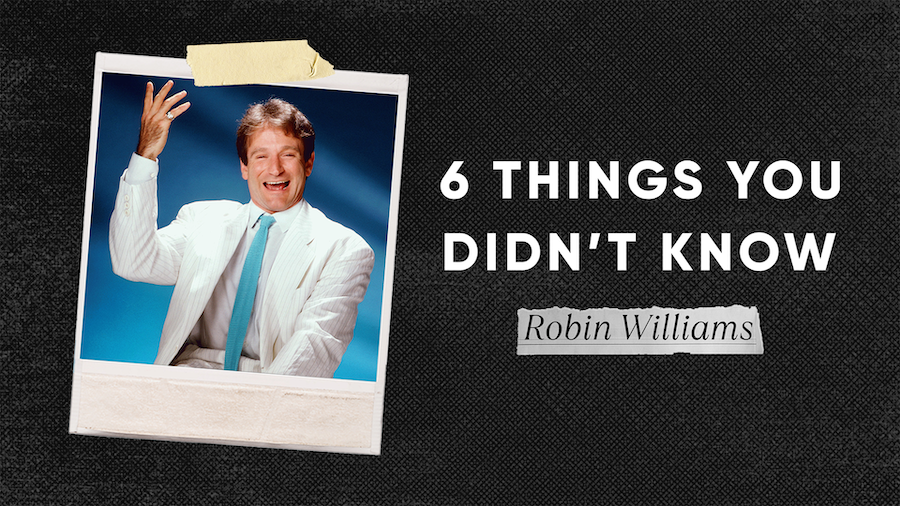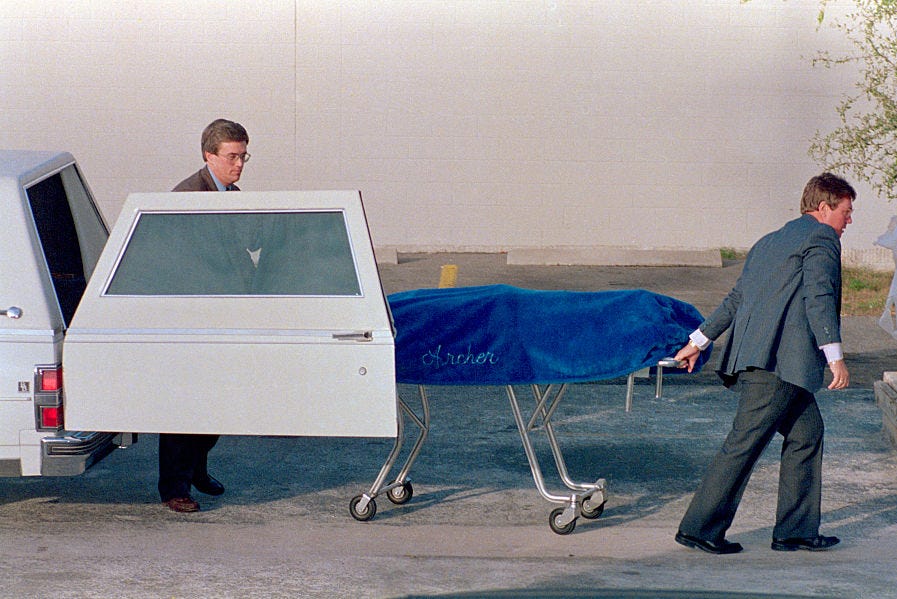You are viewing the article Ted Bundy at Lassho.edu.vn you can quickly access the necessary information in the table of contents of the article below.
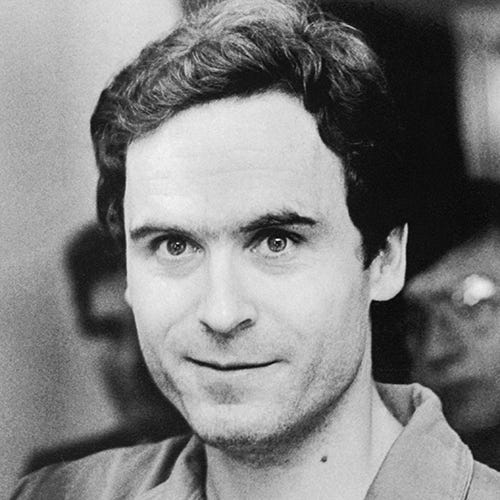
1946-1989
Who Was Ted Bundy?
Ted Bundy was a serial killer, rapist, and necrophiliac who is known to have murdered at least 20 women during the 1970s and admitted to killing 36, although some experts believe his actual victim count might be over 100. He was arrested for good in February 1978 and received three separate death sentences for the murders of two Chi Omega sorority members at Florida State University and a 12-year-old girl. Bundy’s charming appearance helped him become somewhat of a celebrity during his trial, and his case has since inspired many novels and films about serial killers. He was executed in 1989.
Quick Facts
FULL NAME: Theodore Robert Bundy
BORN: November 24, 1946
DIED: January 24, 1989
BIRTHPLACE: Burlington, Vermont
SPOUSE: Carole Ann Boone (1980-1986)
ASTROLOGICAL SIGN: Sagittarius
Ted Bundy’s Childhood
Ted Bundy was born Theodore Robert Bundy on November 24, 1946, in Burlington, Vermont. He started life as his mother’s secret shame, as his illegitimate birth humiliated her deeply religious parents. Eleanor Louise Cowell, who went by Louise, was 22 years old when she delivered Ted at a home for unwed mothers. Later, Cowell brought her son to her parents in Philadelphia.
Ted’s birth certificate lists his father as “unknown,” so his biological father’s identity might never be confirmed. However, there are some theories about who he might be. Ann Rule, a coworker of Ted’s and the author of The Stranger Beside Me, suggests Ted’s father might have been Lloyd Marshall, an Air Force veteran and Penn State graduate. Other sources say Ted’s father is Jack Worthington, and some rumors have it that his father was also his grandfather.
To hide the fact he was an illegitimate child, Bundy was raised as the adopted son of his grandparents and was told that his mother was his sister. Cowell moved with Bundy to Tacoma, Washington, a few years later, and in 1951, married Johnnie Bundy. While Ted took his name, he reportedly didn’t have much respect for his stepfather, whom he resented for being too uneducated and working class. Johnnie and Louise had several children together.
From all appearances, Bundy grew up in a content, working-class family. He showed an unusual interest in the macabre at an early age. Around the age of 3, he became fascinated by knives. A shy but bright child, Bundy did well in school but not with his peers.
According to Matt DeLisi, an Iowa State University criminologist who authored the 2023 book Ted Bundy and the Unsolved Murder Epidemic, Bundy also was known to pick apart mice in the woods and try to drown people while swimming or boating. He showed no sense of “remorse, guilt, embarrassment, or shame.”
As a teenager, a darker side of his character started to emerge. Bundy liked to peer in other people’s windows and thought nothing of stealing things he wanted.
Education
Bundy graduated from the University of Washington with a degree in psychology in 1972. He was accepted to and attended law school in Utah, though he never earned his degree.
While a student at the University of Washington, Bundy fell in love with a wealthy, pretty young woman from California named Diane Edwards. She had everything that he wanted: money, class, and influence. He was devastated by their breakup. Many of Bundy’s later victims resembled his college girlfriend—attractive students with long, dark hair.
By the mid-1970s, Bundy had transformed himself, becoming more outwardly confident and active in social and political matters. He even got a letter of recommendation from the Republican governor of Washington after working on his campaign.
Ted Bundy’s Victims
Bundy confessed to 36 killings of young women across several states in the 1970s, but experts believe that the final tally might be closer to 100 or more. The exact number of women Bundy killed will never been known. His killings usually followed a gruesome pattern: He often raped his victims before beating them to death.
There is some debate as to when Bundy started killing. Most sources say he began his murderous rampage around 1974. Around this time, many women in the Seattle area and in nearby Oregon went missing. Stories circulated about some of the victims last being seen in the company of a young, dark-haired man known as Ted.
However, criminologist Matt DeLisi argues in a 2023 book that Bundy likely murdered more than 100 people and started killing in adolescence. “Bundy drops a lot of clues that there were way more murders,” DeLisi said, later explaining that authorities were woefully unequipped to track Bundy. “And the pacing and confidence with which he’s killing between 1974 and 1978 indicates there’s no way he could have just started.”
Bundy often lured his victims into his car by pretending to be injured and asking for their help. Their kindness proved to be a fatal mistake.
Elizabeth Kloepfer, Ted Bundy’s Girlfriend
Perhaps Bundy’s most well-known girlfriend, Elizabeth Kloepfer would eventually help police arrest the suspected serial killer. He and Kloepfer began a six-year relationship in 1969 after meeting in a Seattle bar. She was a single mom of a young daughter and struggled with alcoholism. Bundy took care of her, and she said he was “warm and loving.”
By 1974, Kloepfer started to suspect Bundy’s crimes. When she questioned him about odd behaviors, like keeping a meat cleaver in his desk, he used his charm to deflect her concerns.
Kloepfer secretly went to the police with her suspicion of Bundy’s involvement in prominent local murders, but they didn’t believe he was the killer. The pair remained together, though they grew distant when Bundy moved to Olympia the following year.
In 1975, Kloepfer went to police again, this time with evidence that helped them to arrest the serial killer. Bundy had confessed to Kloepfer over the phone from his prison cell that he had tried to kill her and couldn’t resist his impulses when he felt “his sickness building in him,” she later wrote. She broke ties with Bundy for good and wrote a book about her experience.
First Arrests and Prison Escapes
In the fall of 1974, Bundy moved to Utah to attend law school, and women began disappearing there as well. The following year, he was pulled over by the police. A search of his vehicle uncovered a cache of burglary tools—a crowbar, a face mask, rope, and handcuffs. He was arrested for possession of these tools, and the police began to link him to much more sinister crimes.
In 1975, Bundy was arrested in the kidnapping of Carol DaRonch, one of the few women to escape his clutches. He was convicted and received a one- to 15-year jail sentence.
Bundy escaped from prison twice in 1977. The first time, he was indicted on murder charges for the death of a young Colorado woman and decided to act as his own lawyer in the case. During a trip to the courthouse library, he jumped out a window and made his first escape. He was captured eight days later.
In December, Bundy escaped from custody again. He climbed out of a hole he made in the ceiling of his cell, having dropped more than 30 pounds to fit through the small opening. Authorities didn’t discover that Bundy was missing for 15 hours, giving the serial killer a big head start on the police.
Chi Omega Sorority House Break-In
After Bundy’s second escape from prison, he eventually made his way to Tallahassee, Florida. On the night of January 14, 1978, Bundy broke into the Chi Omega sorority house at Florida State University. He attacked four of the young female residents and killed two of them: Margaret Bowman and Lisa Levy. On February 9, Bundy kidnapped and murdered a 12-year-old girl named Kimberly Leach. These crimes marked the end of his murderous rampage, as he was soon pulled over by the police later that month.
The most damning evidence connecting Bundy to the two Chi Omega murders at FSU were bite marks on Levy’s body, which were a definitive match to Bundy.
Louise, Bundy’s mother, was working as a secretary at the University of Puget Sound and still married to Johnnie when Ted was accused of his crimes. She refused to believe the charges for years, though she changed her stance after he confessed.
Trial and Conviction
Bundy’s good looks, charm and intelligence made him something of a celebrity during his trial. He fought for his life but, in July 1979, was convicted for the the murders of Bowman and Levy and given the death penalty twice. He spent nine years on death row appealing his sentence.
In 1980, Bundy received another death sentence for Leach’s murder. It was this sentence that ultimately led to his execution by electric chair in 1989.
Bundy appealed, trying to take his case as high as the U.S. Supreme Court, but he was turned down. He also offered information on some of unsolved murders, hoping to avoid the death penalty as a result, but couldn’t delay punishment forever.
Ted Bundy’s Wife and Daughter
In February 1980, Bundy married Carole Ann Boone, a mother of two whom he’d dated before his initial arrest, in a courtroom during the penalty phase of his trial. He proposed and she accepted in the presence of the judge, making the marriage legitimate in Florida. The couple had met six years earlier when they both worked at the Department of Emergency Services in Olympia, Washington.
Boone gave birth to a daughter, Rose, in 1982, and she named Bundy as the father. Initially, Bundy’s paternity was questioned because he wasn’t allowed conjugal visits in prison. But Ann Rule, a Ted’s former coworker who wrote a book about him, has said it’s likely Bundy was able to bribe the prison guards into the letting the couple have sex.
Boone eventually realized Bundy was guilty of his crimes. She divorced him in 1986, according to Rule’s book, and moved to Washington with her daughter. Not much is known about Rose (also known as Rosa) today. It’s believed Boone changed both of their names to help them stay out of the public eye.
Rule has said she deliberately avoided information about Boone or Rose because they deserve their privacy. “I don’t want to know where they are; I never want to be caught off guard by some reporter’s question about them,” Rule wrote on her website. “All I know is that Ted’s daughter has grown up to be a fine young woman.”
Ted Bundy’s Death
On January 24, 1989, Bundy was executed around 7 a.m. at a Florida State Prison in an electric chair sometimes known as “Old Sparky.” Outside the prison, crowds cheered and even set off fireworks after Bundy’s execution. Some brought frying pans they banged on in celebration and chanted, “Burn, Bundy, burn!”
According to the Los Angeles Times, religious broadcaster James Dobson interviewed Bundy the night before his death. He claimed Bundy wept multiple times and expressed remorse for what he had done. On the eve of his execution, Bundy made two phone calls to his mother and had a final meal of steak, eggs, hash browns, and toast.
Bundy’s last words were addressed to his lawyer, Jim Coleman, and Fred Lawrence, a minister. “I’d like you to give my love to my family and friends,” Bundy told them before his death.
Following his execution, scientists removed Bundy’s brain and studied it for signs of physical abnormalities that could have explained his violent behavior. However, they didn’t find any.
Bundy’s body was cremated in Gainesville, Florida, and no public ceremony was held. Before he was executed, he requested his ashes be scattered in the Cascade Mountains of Washington state, where he murdered at least four of his victims.
Movies and Books about Ted Bundy
An infamous national figure since his Florida trials, Bundy’s life has been the subject of numerous dramatized films, a documentary series, and books attempting to shed light on his crimes.
The Deliberate Stranger was a 1986 television movie featuring actor Mark Harmon as Bundy. One of Bundy’s lawyers called the film “stunningly accurate.”
Extremely Wicked, Shockingly Evil and Vile, starring Zac Efron as Bundy and Lily Collins as girlfriend Elizabeth Kloepfer, debuted in 2019 at the Sundance Film Festival. A Netflix film, the title comes from Judge Edward Cowart’s post-sentencing remarks to Bundy. Efron said he felt a responsibility to make sure the movie wasn’t a celebration or glorification of Bundy but rather a “psychological study” of the killer. However, some critics felt the film and Efron’s performance, in fact, romanticized Bundy.
Netflix also released Conversations with a Killer: The Ted Bundy Tapes in 2019. The limited docuseries features archival footage and audio recordings of Bundy made on death row, along with present-day interviews. It was based on a book by author Stephen Michaud and journalist Hugh Aynesworth who wrote it based on more than 150 hours of interviews with Bundy.
Chad Michael Murray played Bundy in the 2021 film, Ted Bundy: American Boogeyman. That same year, Luke Kirby played Bundy in No Man of God, which is based on conversations the killer had with FBI analyst Bill Hagmaier in the 1980s.
One of the notable books published on Bundy’s crimes is The Stranger Beside Me. Published in 1980 and written by Ann Rule, a coworker of Bundy at a crisis hotline, the book describes how she gradually realized Bundy was a serial killer and then draws from their ongoing correspondence, which lasted until just shortly before Bundy’s execution. Rule’s book was turned into a TV movie of the same name in 2003, with Barbara Hershey playing Rule and Billy Campbell portraying Bundy.
The Phantom Prince: My Life with Ted Bundy was written by Bundy’s ex-girlfriend Kloepfer about dating and loving a serial killer. It was published in 1981, while he was on death row.
Rhonda Stapley, who was brutally attacked by Bundy in Utah in 1974 but survived, wrote a 2016 book about her experience: I Survived Ted Bundy: The Attack, Escape & PTSD That Changed My Life.
Polly Nelson published Defending the Devil: My Story as Ted Bundy’s Last Lawyer in 1994. Nelson was a newly-minted lawyer who was offered Bundy’s case pro-bono by the Washington law firm where she worked just weeks before he was scheduled to be executed.
Many believe Bundy at least partly inspired the fictional killer Buffalo Bill in the 1988 novel The Silence of the Lambs. Author Thomas Harris hasn’t spoken publicly about the character, however. That book was turned into the acclaimed film of the same name three years later starring Jodie Foster and Anthony Hopkins.
Quotes
- I didn’t know what made people want to be friends. I didn’t know what made people attractive to one another. I didn’t know what underlay social interactions.
- I don’t feel guilty for anything. I feel sorry for people who feel guilt.
Fact Check: We strive for accuracy and fairness. If you see something that doesn’t look right, contact us!
The Biography.com staff is a team of people-obsessed and news-hungry editors with decades of collective experience. We have worked as daily newspaper reporters, major national magazine editors, and as editors-in-chief of regional media publications. Among our ranks are book authors and award-winning journalists. Our staff also works with freelance writers, researchers, and other contributors to produce the smart, compelling profiles and articles you see on our site. To meet the team, visit our About Us page: https://www.biography.com/about/a43602329/about-us
Tyler Piccotti joined the Biography.com staff in 2023, and before that had worked almost eight years as a newspaper reporter and copy editor. He is a graduate of Syracuse University, an avid sports fan, a frequent moviegoer, and trivia buff.
Thank you for reading this post Ted Bundy at Lassho.edu.vn You can comment, see more related articles below and hope to help you with interesting information.
Related Search:
